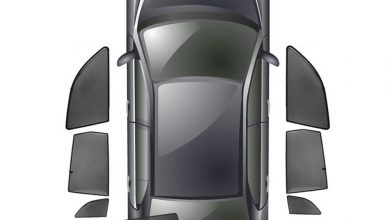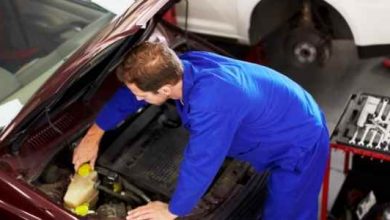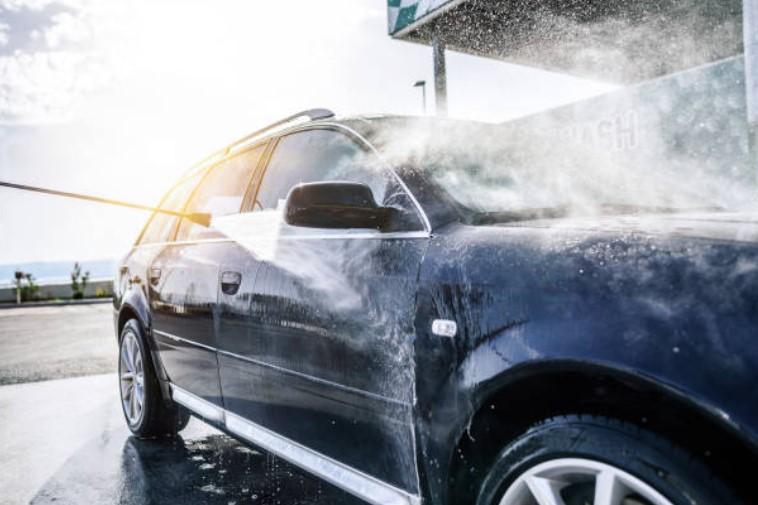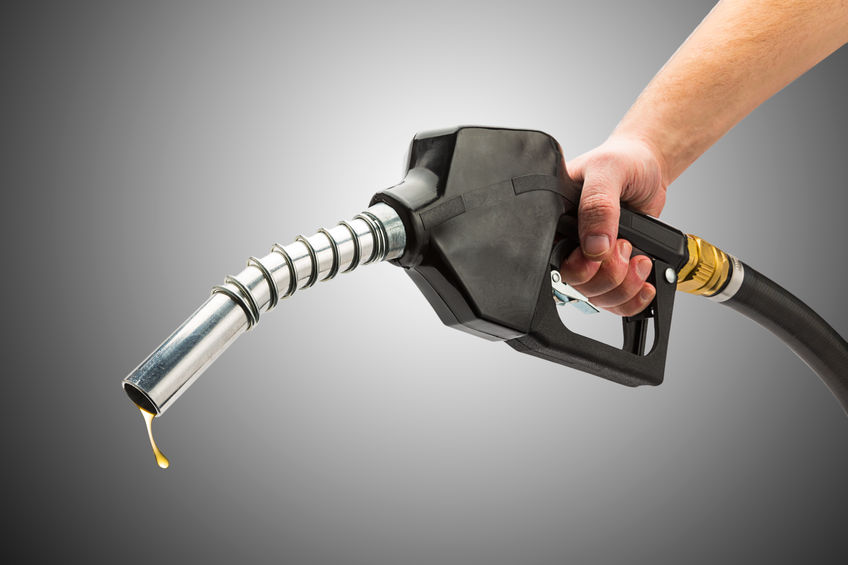Should I Keep Driving My Old Car or Buy a New One?
Index Of The Blog
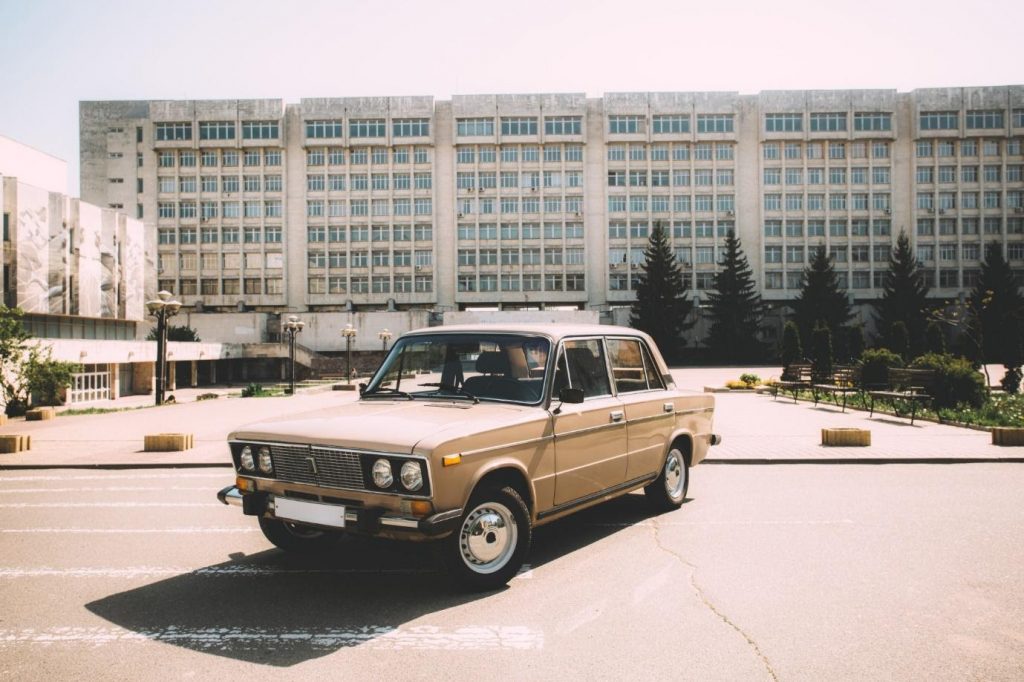
If you’re still driving an old car, you’re not alone; in 2021, the age of light vehicles in use in the US averaged 12.1 years.
However, just because older cars are common doesn’t mean all of them still belong on the road.
To that end, we came up with this guide listing when it’s okay to keep your old car and when to ditch it and get a new one. Read on as this knowledge can help you make a decision that may affect not only your wallet but your safety, too.
When Driving an Old Car Is Still a Good Idea
If your old car is vintage, antique, or classic, then you might want to keep your ride. That’s because these automobiles are collectibles, so their value often appreciates. So, they can cost more than newer cars, provided you take excellent care of them.
You may also want to keep driving an old car to save money, seeing as the average price of new vehicles is now over $40,000. As such, if your ride still runs and it’s not breaking down every month, then it might be more cost-effective to keep it.
When It’s Best to Retire Your Old Car
A chief reason to stop driving an old car every day is if it already poses a crash risk. According to researchers, the older a car is, the higher the likelihood of it causing an accident.
In their study, the researchers found that the odds of a 2000 model crashing within a 100,000-mile mark was 30%. This then dropped to a 25% risk in the 2008 models they studied. They also said that decrease prevented about a million occupant injuries.
So, if your ride has been around before 2008, it may be best to retire it.
Another reason to give up your clunker is if it’s been spending more time in a mechanic’s shop. In this case, it may already be defeating your purpose of saving money.
Speaking of money, you can convert your clunker into a source of quick cash by junking it. Here’s a guide you can check out for a comprehensive look at the steps to junking your car. Then, if you decide to sell your beat-up ride, you can keep the funds to start saving up for a new car.
You should also keep in mind that aging cars and older models can guzzle loads of fuel. For example, in 2011, all-new vehicles had an average fuel economy of 21.8 miles per gallon (mpg). Fast forward to 2018, and the new models that year had an average fuel economy of 25.1 mpg.
That highlights how older cars can be costlier the longer they stay on the road. So, consider that as you factor in the pros and cons of driving an old car. Click here for some great tips for buying a car.
Your Safety Should Be Your Top Priority
Keep in mind that millions of people (4.8 million in 2020) sustain injuries from car crashes each year in the US. While most result from driver behavior, others are due to vehicle malfunctions. Aging automobiles, in turn, are more prone to such malfunctions.
That should be enough reason to think twice about driving an old car, especially if it’s more than a decade old.
Interested in more educational posts like this? Feel free to browse our extensive collection of informative guides then!




